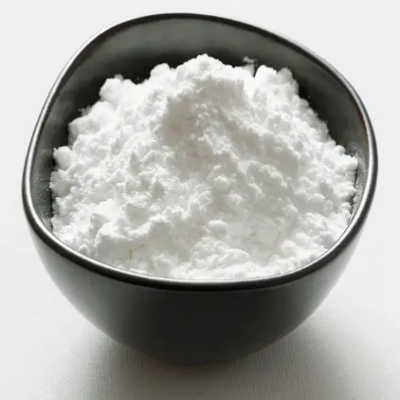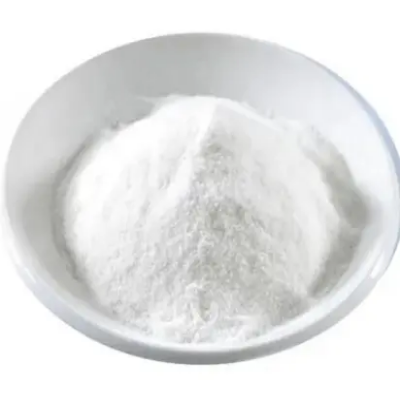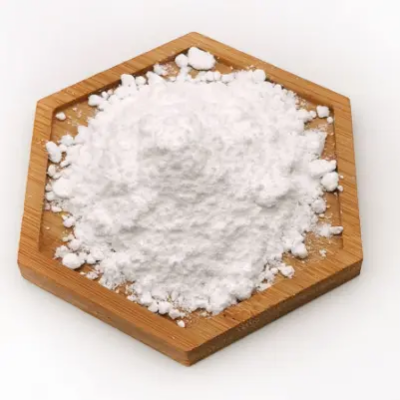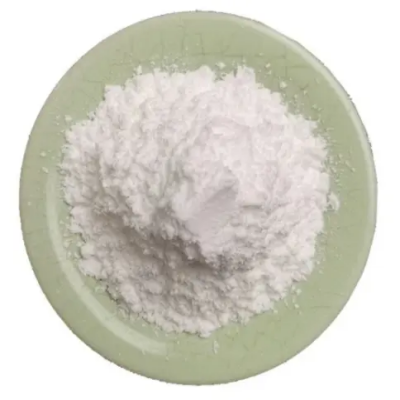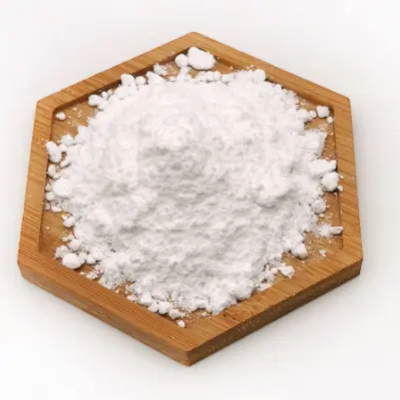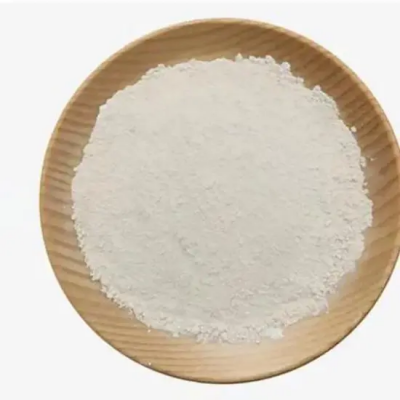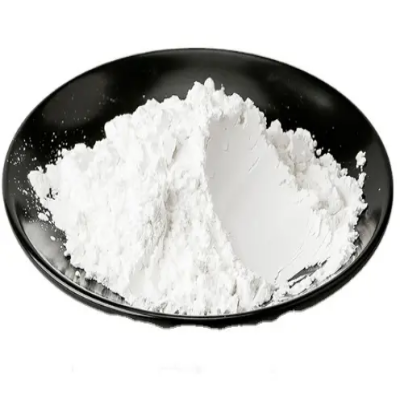Adenosine Triphosphate Disodium (ATP) CAS: 56-65-5
Growth promotion: L-Arginine is known to stimulate growth hormone release in animals, which can contribute to improa
Incorporating ATP into your daily regimen can significantly impact energy levels, exercise performance, and overall well-being. As a dietary supplement, take 100 to 400 milligrams of ATP per day, preferably on an empty stomach or before physical activity, or as directed by a healthcare professional. The optimal timing and dosage may vary based on individual needs and health goals. ATP serves as the primary energy currency in cells, responsible for powering various physiological processes, including muscle contractions during exercise. By potentially enhancing ATP availability, supplementation may contribute to improved physical performance, reduced fatigue, and enhanced exercise capacity. Furthermore, ATP has been studied for its potential to promote recovery after strenuous physical activity, potentially aiding in the restoration of cellular energy stores and supporting tissue repair processes. Consistency in using ATP, combined with regular physical activity and proper nutrition, is essential for experiencing its full range of potential benefits. Embrace the potential of our ATP supplement to fuel your body's energy demands, enhance exercise performance, and support overall vitality, ultimately contributing to an improved quality of life. Always consult with a healthcare professional before starting any new supplement regimen, especially if you have underlying medical conditions or are taking medications.
ved growth and development. It promotes protein synthesis, which is essential for muscle growth, and can enhance overall body weight gain in animals.
Nitric oxide production: L-Arginine is a precursor for nitric oxide (NO) synthesis in the body. Nitric oxide is involved in various physiological processes, including blood vessel dilation, immune function, and cell signaling. Supplementing L-Arginine in animal diets can enhance NO production, leading to improved blood flow, immune response, and nutrient absorption.
Immune function: L-Arginine plays a crucial role in supporting the immune system. It is involved in the production of immune cells, such as T-cells and macrophages, as well as antibodies. By providing an adequate supply of L-Arginine in animal diets, immune function can be optimized, leading to improved disease resistance and overall health.
Reproductive performance: L-Arginine is essential for reproductive processes in animals. It is involved in sperm production and motility in males and can enhance fertility. In females, L-Arginine supports the development and function of the uterus and placenta, enhancing reproductive performance and increasing litter size.
Stress management: L-Arginine has been shown to have a positive impact on animals' stress response. It can reduce stress-induced cortisol levels and promote a state of relaxation. By supplementing L-Arginine in animal diets, stress tolerance and overall well-being can be improved.



| Composition | C10H16N5O13P3 |
| Assay | 99% |
| Appearance | White power |
| CAS No. | 56-65-5 |
| Packing | Small and bulk |
| Shelf Life | 2 years |
| Storage | Store in cool and dry area |
| Certification | ISO. |


